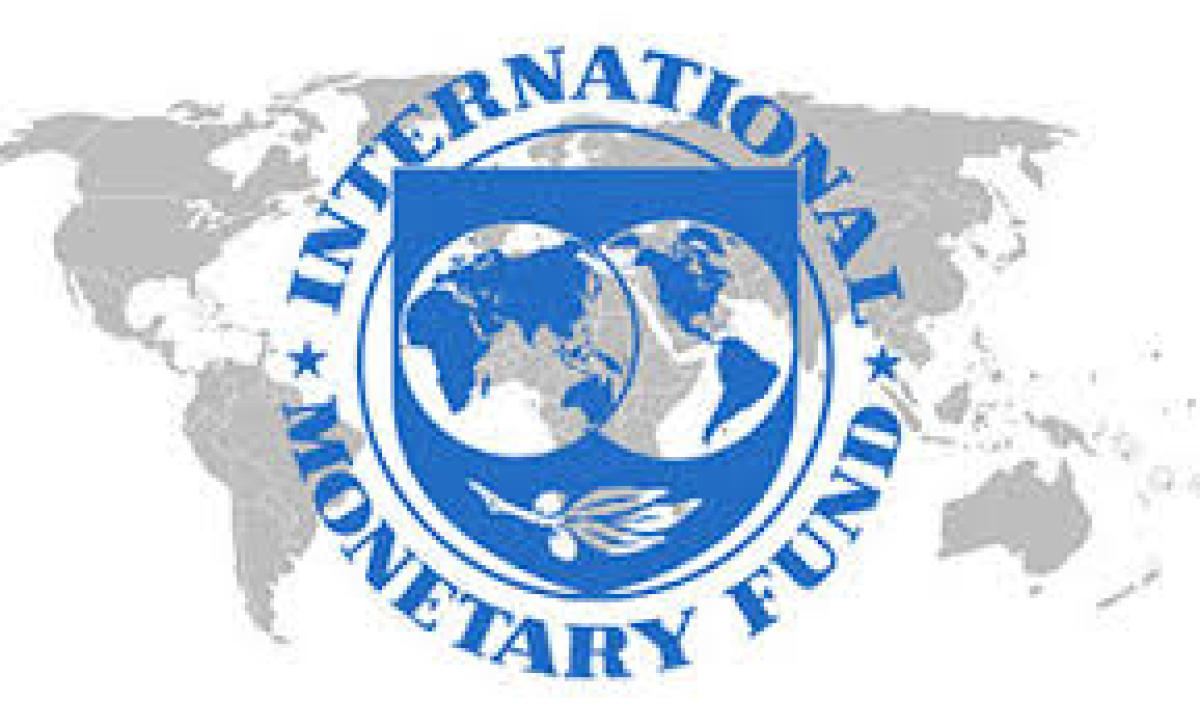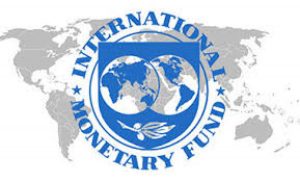The International Monetary Fund (IMF) has raised its forecast on Nigeria’s output growth this year to 2.7 per cent, from 2.6 per cent projected in October.
The new projection is contained in its January World Economic Outlook Update released yesterday. It kept the 2021 full-year gross domestic product (GDP) unchanged at three per cent.
Nigeria is expected to see an average growth of 2.7 per cent through 2023 amid concerns over sluggish COVID-19 vaccination, inflation pressure and “limited fiscal space”.
The IMF is rather more bullish on Nigeria’s growth prospect than the World Bank, which maintains an estimated growth rate of 2.5 per cent for the world. The Bretton Woods institution’s forecasts are more conservative than the 4.2 per cent growth estimate captured in the 2022 budget.
Nigeria’s growth estimate for 2022 is one percentage point less than that of sub-Saharan Africa and 1.4 percentage points higher than the global growth projection.
In an earlier release in the week, the Fund warned that the hardline stance of China (which is projected to record a growth of 4.8 per cent in the year) to Omicron variant of COVID-19, would hurt the global economy.
In the recent outlook, it insisted that shock in global supplies could exacerbate inflationary pressure in developing countries.
The IMF said countries would require a thorough review of the nuances of their fiscal space to navigate spillovers from imminent monetary normalisation in the developed country, which will see the interest rate rise above the pre-pandemic era. It noted that any response by developing countries would leave behind sore repercussions on countries’ fiscal position and borrowers.
It emphasised “effective monetary policy communication” as a key tool to “avoid provoking overreactions from financial markets”, saying: “In countries where inflation expectations have increased, and there is a tangible risk of more persistent price pressures, central banks should continue to telegraph an orderly, data-dependent withdrawal. This is particularly important given the exceptional uncertainty around the impact of the Omicron variant. Central banks should clearly signal that the pace at which monetary support will be withdrawn may need to be recalibrated if the pandemic worsens again.
“Moreover, a tighter stance of monetary policy, especially if not clearly communicated, could have financial stability implications as financial vulnerabilities remain elevated in a number of sectors. A sudden re-pricing of risk in markets, should investors reassess further the economic and policy outlook, could interact with such vulnerabilities and lead to tighter financial conditions. Policymakers should take early action and tighten selected macro-prudential tools to target pockets of elevated vulnerabilities.”
The IMF said public finances, inflation and foreign exchange in developing economies and countries with debt burdens will come under intense pressure in the coming months as interest rates increase as “Higher returns elsewhere will incentivize capital to flow overseas…
“Without commensurate tightening, this will increase the burden on foreign-currency borrowers, both public and private. But tighter policy also brings costs at home, as domestic borrowers will find credit harder to come by.”
Foreign exchange flexibility, it said, could ameliorate the impacts of interest rate hikes on emerging economies. The Fund also suggested “tighter policies will likely be appropriate in many emerging markets and developing economies to stave off the threat of persistently higher inflation”.



